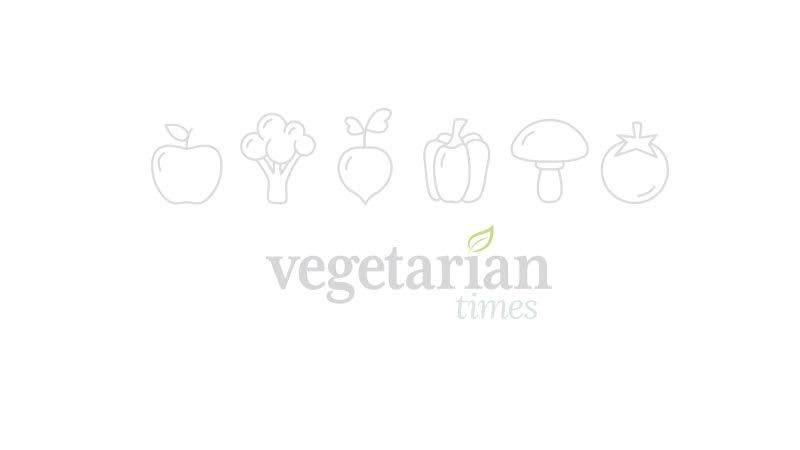Carrot & Stick: April 2008

CARROTS TO:
The American Society for the Prevention of Cruelty to Animals, for rolling out the nation’s first Mobile Animal Crime Scene Investigation Unit. The 26-foot van, unveiled in December, is operated by forensic vet Melinda Merck, DVM. She’ll help law enforcement pursue animal-cruelty offenders nationwide. The van has high-tech tools, including UV lights for fiber detection, blood-splatter technology, and a surgical suite. “A fully equipped unit will make the investigation and prosecution of animal cruelty stronger,” says Merck.
France’s Health Minister, for enacting a strict indoor smoking ban in cafés, hotels, and other places of “conviviality” that went into effect January 1. Although smoking is part of French culture, Health Minister Roselyne Bachelot-Narquin insisted, “Our objective is not to annoy people, but to protect them.” More than 70,000 people die in France every year from smoking-related illnesses. Smoking bans have spread worldwide since California forbid smoking in workplaces, restaurants, and bars a decade ago.
Whole Foods Market (WFM), for eliminating plastic bags from its 270 stores by April 22. WFM copresident A.C. Gallo says, “Plastic bags don’t break down, can clog waterways, endanger wildlife, and litter roadsides. We estimate we’ll keep 100 million plastic bags out of our environment between Earth Day and the end of this year alone.” WFM is the first U.S. supermarket to stop using plastic bags. The store gave out 50,000 reusable bags to celebrate the change; WFM sells reusable bags, including its new 99-cent “Better Bag,” which is made from recycled plastic bottles.
STICKS TO:
The Environmental Protection Agency (EPA), for not allowing California to set stricter vehicle emission standards than federal law requires. EPA Administrator Stephen L. Johnson said legislation signed by President Bush for cars to average 35 mpg by 2020 is more effective than “a confusing patchwork of state rules.” Under the Clean Air Act, a state can enact stricter laws with an EPA waiver. By denying it, the EPA prevents California and 15 other states from reducing emissions up to 30 percent by 2016—twice that expected under federal standards.
Pennsylvania’s Department of Agriculture, for banning milk labels stating that cows weren’t treated with recombinant bovine growth hormone (rBGH). Dennis Wolff, Pennsylvania’s agriculture secretary, said that advertising a brand as rBGH-free implied that other milk was unsafe. But after an outcry from 60 consumer and health groups, officials largely reversed the ban. Labels for rBGH-free milk must now also say it’s no safer than milk from injected cows. Although rBGH is FDA-approved, it’s banned in Europe and Canada.
The University of New South Wales, in Australia, for going to extremes to make eco-friendly meat. Because kangaroo flatus is methane-free, scientists are trying to replicate bacteria unique to the kangaroo’s stomach lining to create a supplement for cows and sheep. Others say Australians should just eat more kangaroos. Alex Baumber, of the Future of Australia’s Threatened Ecosystems program, says kangaroo meat is low-fat and high-protein. But he admits, “No one’s expecting a conversion of vegetarians.”
—Rona Cherry